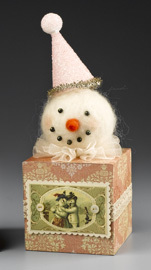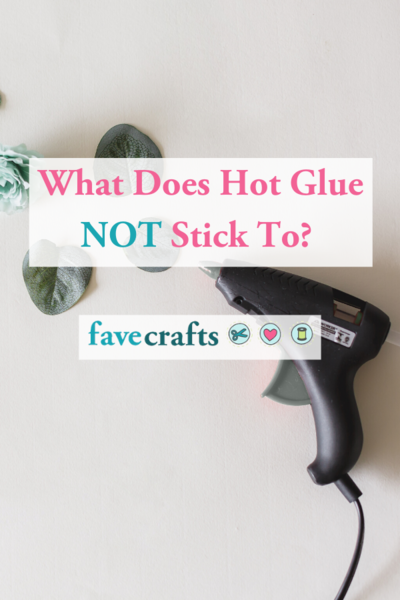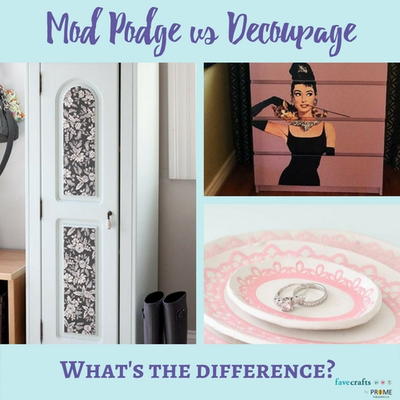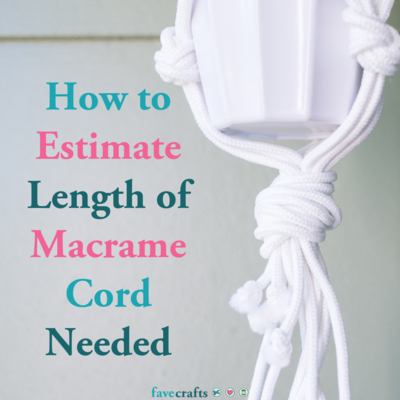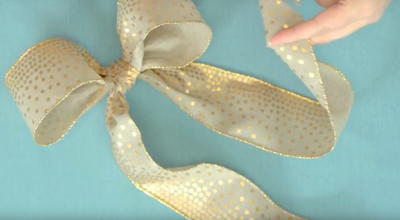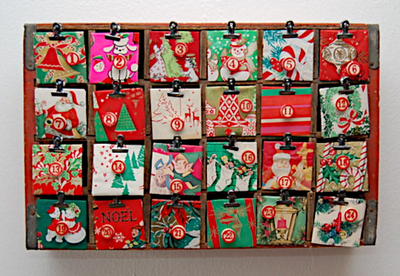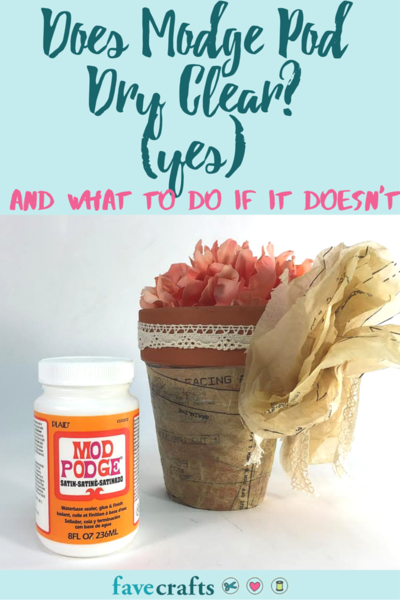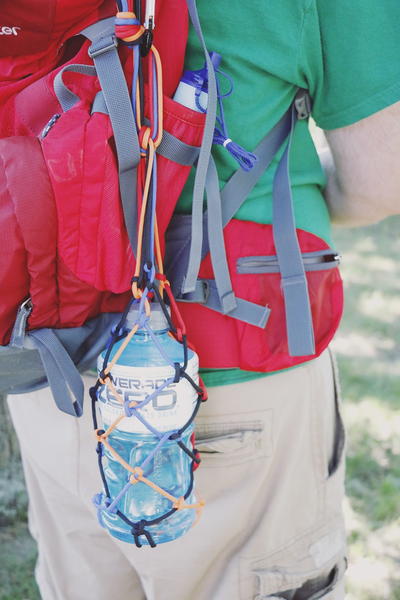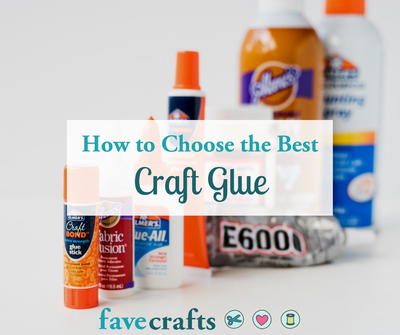Wood, Epoxy, Plastic and Metal Tips For Paper Crafters
Use this quick guide for tips on everything from incorporating wood into your scrapbooks to tips on staining or inking.
Wood, Epoxy, Plastics, Metal Tips For Paper Crafters
- When using wood, make sure all edges are smooth. If there are rough edges, sand smooth with fine sanding paper or emery board.
- Wood can be painted, chalked, inked or stained. Make sure any color is set (you may have to heat set some inks) and completely dry before using.
- It’s best to use very thin wood embellishments in scrapbooking, cardmaking, and paper arts. Thick wood pieces may end up damaging other pages.
- If you want a touch of wood, try wood papers. They are very thin and can be cut or punched. In the long run it’s a very cost effective way to add a unique touch.
- You can get the effect of epoxy by using clear or liquid laminates. Just squeeze the liquid laminate onto the surface slowly so it stays a raised puddle. Allow to dry 100% and cure at least 24-48 hours before using.
- Store any epoxy embellishments with protection for the top so it doesn’t get scratched. Scratches can dull the shiny, see-through quality of the epoxy.
- Even though an embellishment may be self-adhesive, better safe than sorry, so dab a little liquid glue onto the back before placement.
- Protect plastics with page protectors because just like epoxy, the surface can scratch and dull easily.
- Clear shrink plastic or craft plastic can be used for windows and shaker cards.
- If you don’t want metal to rust or tarnish, protect the entire surface with a spray sealer or finish (such as Krylon Crystal Coat) for long-term protection.
- Just like wood, make sure all metal edges are smooth. Fine sanding paper or an emery board will smooth rough edges.
- When working with metal, use metal tools (wire cutters, snippers) not your paper tools. Metal can chip and damage regular scissors, personal trimmers, and other blades.
- Sheet metals, also called foils can be cut or punched. Be very careful, however, because the edges can be razor sharp.

